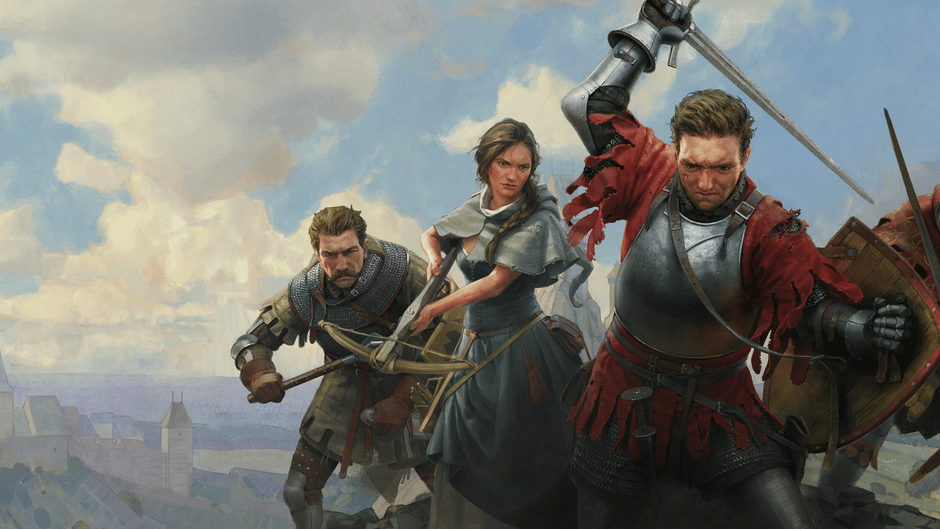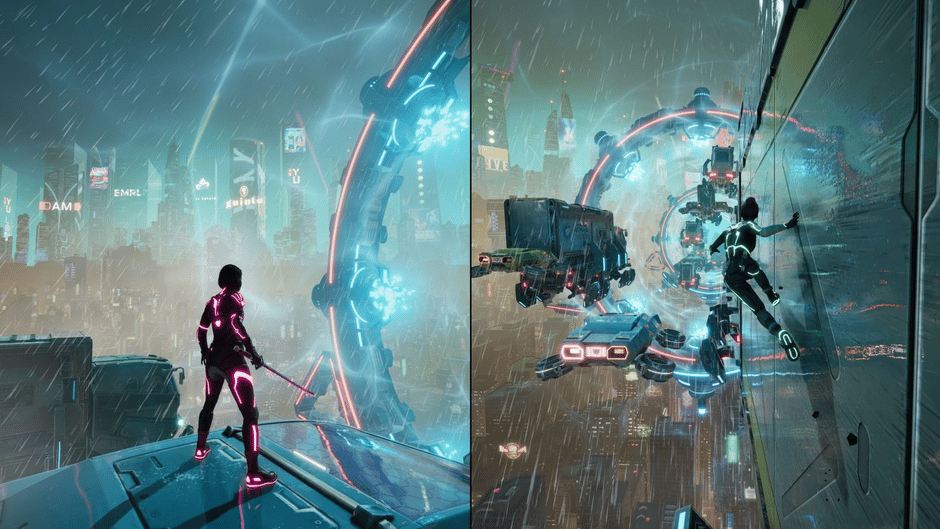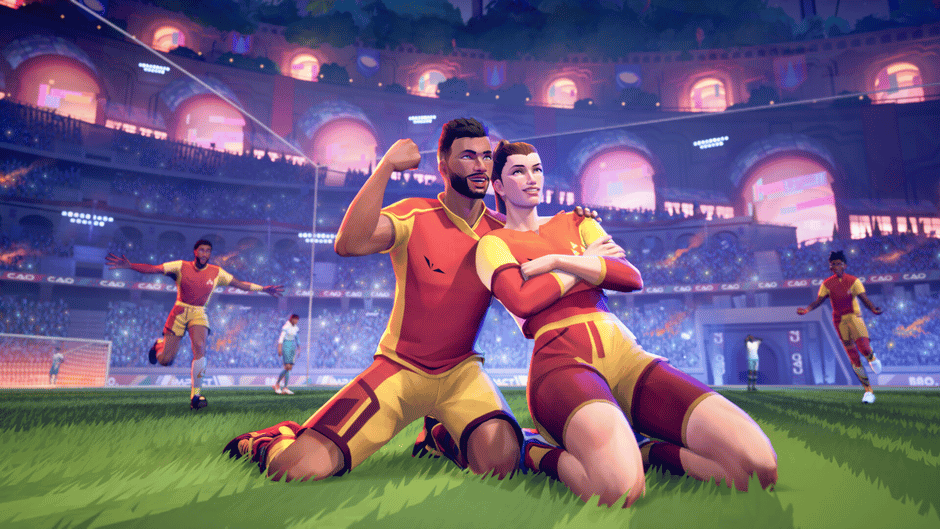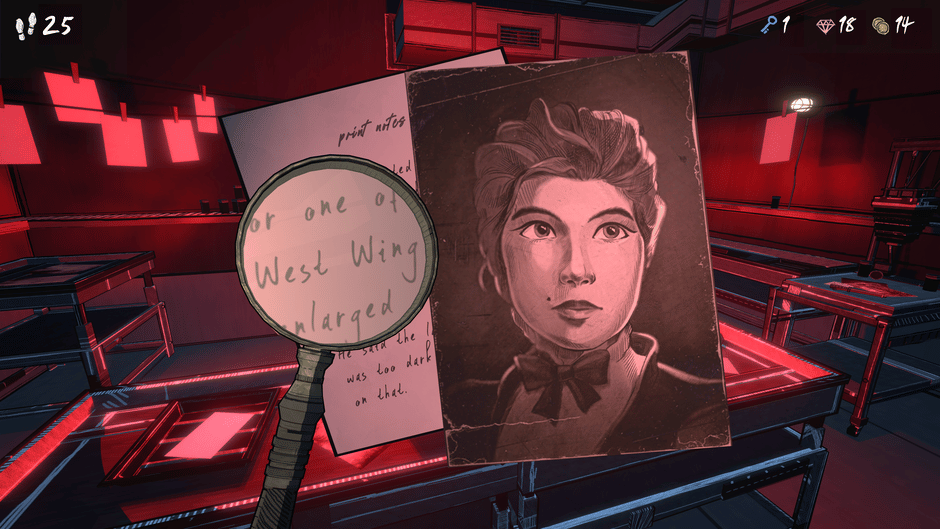Mortal Kombat: The Legacy of the World’s Most Iconic Fighting Game
Mortal Kombat is more than just a fighting game—it is a cultural phenomenon that has shaped the video game industry and left an indelible mark on popular culture.
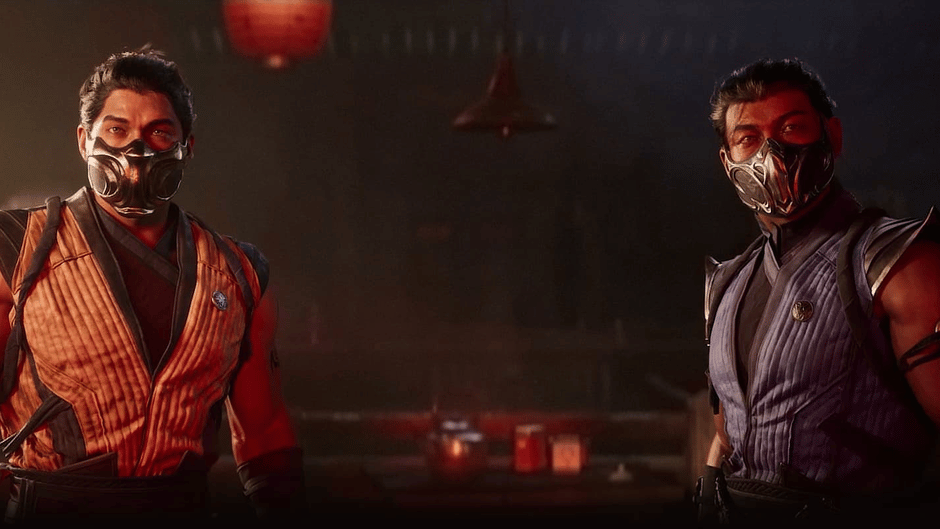
Mortal Kombat is more than just a fighting game—it is a cultural phenomenon that has shaped the video game industry and left an indelible mark on popular culture. Since its explosive debut in 1992, Mortal Kombat has evolved into a massive franchise, spawning sequels, spin-offs, movies, comics, and even a live-action tour. With its brutal combat, memorable characters, and ongoing innovation, Mortal Kombat continues to captivate fans and redefine what fighting games can be.
The Origins of Mortal Kombat
Developed by Midway Games and first released in arcades in October 1992, Mortal Kombat was created by Ed Boon and John Tobias. The game quickly stood out from its competitors thanks to its realistic digitized graphics and the introduction of the now-legendary Fatality finishing moves. These over-the-top, violent finishers set Mortal Kombat apart and became the series’ signature, sparking both fascination and controversy. The original game’s plot centered around a martial arts tournament held in Earthrealm, where warriors like Liu Kang, Johnny Cage, and Sonya Blade fought to protect their world from the evil sorcerer Shang Tsung and the monstrous Goro.
Controversy and the ESRB
Mortal Kombat’s graphic violence and gore were unprecedented at the time, leading to widespread debate about video game content and its impact on young players. The controversy reached its peak during the 1993 Congressional Hearings on Video Games, where Mortal Kombat was cited as a prime example of violent content in gaming. This ultimately led to the creation of the Entertainment Software Rating Board (ESRB), which established standardized age ratings for video games and changed the industry forever.
The Evolution of the Franchise
Despite—or perhaps because of—its notoriety, Mortal Kombat continued to grow in popularity. Sequels like Mortal Kombat II and Mortal Kombat 3 expanded the roster of fighters, introduced new realms such as Outworld, and deepened the series’ lore. The franchise has since grown to include over 77 playable characters, each with unique abilities, backstories, and finishing moves. Iconic fighters like Sub-Zero, Scorpion, Raiden, Kitana, and Shao Kahn have become household names, recognized by gamers and non-gamers alike.
The series has also innovated with each new installment. Mortal Kombat 4 introduced 3D graphics, while later games added new gameplay mechanics, story modes, and customization options. The 2023 release of Mortal Kombat 1 marked a soft reboot, bringing fresh storylines and modern graphics while honoring the franchise’s roots. Regular updates and downloadable content keep the roster fresh, with recent additions like Conan the Barbarian and the T-1000 from the Terminator franchise joining the fight.
Mortal Kombat’s Impact on Popular Culture
Mortal Kombat’s influence extends far beyond the arcade. The franchise has inspired multiple live-action films, animated series, comic books, and even a live-action tour. Its catchphrases, such as “Finish Him!” and “Get Over Here!”, have become part of the pop culture lexicon. Characters like Scorpion and Sub-Zero are instantly recognizable, and the franchise’s music and visual style have been referenced in everything from television shows to internet memes.
The series’ tournaments and competitive scene are also a major part of its legacy. Mortal Kombat has been a staple at fighting game events worldwide, drawing players and fans together to celebrate the thrill of competition and the franchise’s enduring appeal.
Key Characters and Storylines
One of Mortal Kombat’s greatest strengths is its diverse cast of characters. The original game introduced Liu Kang, Johnny Cage, Sonya Blade, Raiden, Kano, and Scorpion, each with their own motivations for entering the tournament. Over time, the roster expanded to include fan favorites like Kitana, Jax, Mileena, Baraka, and Shang Tsung, as well as new generations of warriors in later games.
The overarching story of Mortal Kombat is a saga of realms in conflict, with Earthrealm’s champions fighting to prevent invasions by Outworld and the Netherrealm. Major story arcs include the defeat of Shang Tsung and Goro in the first tournament, Liu Kang’s victory over Shao Kahn, and the ongoing battles against powerful foes like Shinnok and Kronika. The franchise is known for its dramatic twists, character deaths, and resurrections, ensuring that the story remains fresh and unpredictable with every new release.
Recent Developments: Mortal Kombat 1 and Beyond
The latest installment, Mortal Kombat 1, launched in September 2023 and serves as a soft reboot of the franchise. It introduces a new timeline shaped by the fire god Liu Kang, with classic characters reimagined and new fighters joining the fray. The game continues to receive regular updates, with the April 2025 patch bringing graphics enhancements, fighter balance changes, and technical improvements for all platforms. New downloadable characters and crossover events keep the community engaged and excited for what’s next.
Mortal Kombat 1’s Invasions mode, expanded roster, and ongoing support demonstrate NetherRealm Studios’ commitment to evolving the series while respecting its rich legacy. The game’s success ensures that Mortal Kombat remains at the forefront of the fighting game genre.
The Enduring Legacy of Mortal Kombat
Over three decades since its debut, Mortal Kombat remains the best-selling fighting game franchise in history, with more than 73 million copies sold worldwide. Its influence can be seen in countless other games, and its impact on the industry is undeniable. The franchise’s willingness to embrace controversy, innovate with each new release, and create memorable characters and stories has secured its place as a true gaming legend.
As Mortal Kombat celebrates over 30 years of brutal combat, its future looks as bright as ever. With ongoing updates, a passionate fanbase, and a legacy that spans games, movies, and more, Mortal Kombat continues to deliver the thrills, drama, and unforgettable moments that have defined it for generations.
Conclusion
Mortal Kombat is not just a fighting game—it is a cultural icon that has shaped the world of video games and left a lasting mark on popular culture. From its controversial beginnings to its current status as a global powerhouse, Mortal Kombat’s journey is a testament to the power of innovation, storytelling, and community. As the franchise continues to evolve, one thing remains certain: Mortal Kombat will always be ready to deliver the next round of unforgettable battles.


